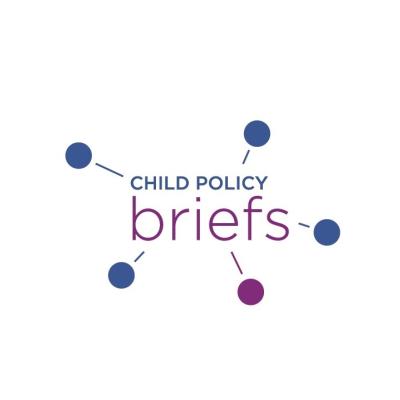Military and Veteran Families
Description
A summary of the scientific literature on programs for Military & Veteran families.

Components
Image

How This Impacts Children's Development
Description
Children with a deployed parent are at greater risk of maltreatment. This may occur because deployment temporarily creates single-parent families, which is a risk factor for child neglect. Deployment affects children differently at various developmental stages; it may be particularly stressful for children under five, who heavily depend on their parents to meet most of their needs.
Talking Points from the SRCD Briefs
|
Policy Considerations in the Briefs
- Families respond to deployments in varied ways, with some experiencing distress but maintaining health, while others face severe stress. This highlights the need for a strategy that promotes overall health, screens for risks, and provides additional support for those struggling the most.
- Broad prevention strategies, including universal prevention help develop resilience-enhancing skills to sustain families through challenges and targeted strategies that help families experiencing multiple deployments, combat-related injuries, post-traumatic stress disorder, or a parent’s death.
- Policymakers should enhance existing care systems for families of active-duty personnel and veterans, including the National Guard and Reserve.
- Federal agencies should gather evidence on programs that help families immediately and in the long term.
- Service providers should ask children and adults about military connections and ensure that those working with military families are educated on the unique issues they face. Given the racial, ethnic, cultural diversity, and increasing roles for women within military families, flexible programs and policies that accommodate a variety of backgrounds are essential.